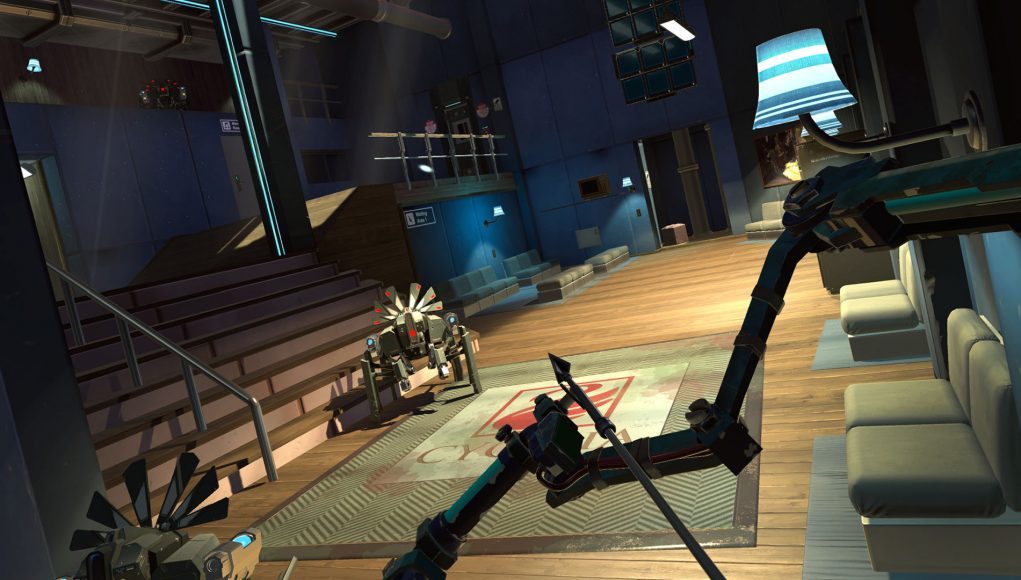Headset manufacturers are notoriously secretive about sales numbers, so finding out how well one specific VR headset is doing in the marketplace at any given time can be a bit of a guessing game. Now, Fast Travel Games, the studio behind the multi-platform bow-shooter Apex Construct (2018), maintains their VR game saw a marked increase in sales on PlayStation Store as a result of strong PSVR headset adoption in 2018.
Fast Travel Games CEO Oskar Burman tweeted recently that Apex Construct derived an overall 58% of sales from PSVR, with the remaining 42% coming from both Steam (23%) and the Oculus Store (19%).
“Playstation has taken an even bigger share since last time I shared numbers, which is what to expect considering indications of strong PSVR sales in 2018,” Burman says. “But the VR market as a whole is clearly growing too. December was one of the best months ever for Apex, so my guess is a bunch of people found a new VR HMD under the christmas tree in 2018.”
Back in May, Burman tweeted that 54% of Apex Construct sales came from PC VR platforms Steam (24%) and the Oculus Store (30%) at the time, with the remaining 46% coming from the PlayStation Store.
Apex Construct, which released first on PSVR in February and a month later on PC, is a story-driven, single player action-adventure game that lets you battle enemy robots with an upgradable cyber bow & shield—all the while exploring a mysterious world that’s befallen an extinction event.
As an example for an average multi-platform VR game, it can give us a rough picture of the state of VR adoption in the absence of relevant headset sales figures. We call it ‘average’ because not only has it garnered middling user reviews, hovering around [3/5] on all supported platforms, but it also wasn’t featured in any hardware bundles either. Furthermore, it hasn’t received any content updates since June—the ‘Cygnia Cup Challenge’ update which brought a new competitive PvE mode to the game—leaving it mostly the same basic experience since it launched.
If Burman’s supposition is true, it means PSVR outperformed PC VR headsets in the latter half of 2018—understandable considering the massive price reductions we saw coming from all major headset manufacturers excluding HTC Vive, which remained at a steadfast $500.
Both Oculus and Windows VR headsets saw price reductions over the holiday season, however PSVR benefited not only from a few important hardware bundles including hit games such as Beat Saber, Astro Bot Rescue Mission, and Borderlands 2 VR, it also saw a drastic $100 of price slashing across the board, bringing $350 MSRP hardware bundles to just $250.
So while only a rough idea, it seems the old adage ‘a rising tide lifts all boats’ has been especially true as of late.







